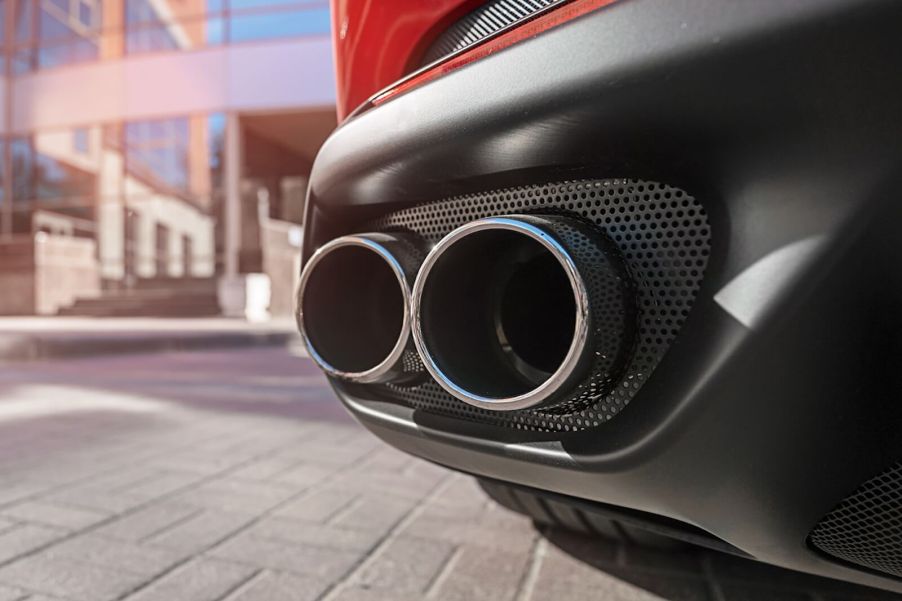
Blue exhaust smoke giving you the blues? It could mean serious issues
It happened. You hopped in your car, turned the key, and took off. It’s business as usual. However, this time you notice a steady, billowing cloud of blue smoke coming from your exhaust. You know it means that your car burns oil and might need repair. However, blue smoke might be an indicator of costly issues like faulty piston rings.
Blue exhaust smoke likely means you’re burning oil– but that could indicate serious issues in your beloved ride
Blue exhaust smoke typically represents burning oil. More specifically, your vehicle is consuming oil rapidly due to a potentially hazardous failure of your engine’s seals. As a result, oil enters your engine’s cylinders and mixes with the fuel mixture. Consequently, oil is burned in the combustion process, producing a blue smoke.
There are a couple of common causes for your unsightly blue exhaust smoke. For starters, your vehicle could have one or multiple faulty piston rings. On the other hand, you could have a valve seal problem allowing oil to get where it shouldn’t. Unfortunately, ignoring either issue could lead to further damage.
Fortunately, you can sometimes tell which issue is causing your oil consumption by making a note of when your blue smoke is most intense. For instance, if the volume of smoke increases as you accelerate, you likely have faulty piston rings. Conversely, an increase in blue smoke upon deceleration could indicate a valve seal issue, per Bar’s Leaks.
Of course, the dreaded blue exhaust smoke isn’t the only color-coordinated nastygram your exhaust can send you. For instance, white smoke typically indicates that your engine is burning coolant as part of the combustion process. As such, you might have a cracked or “blown” head gasket.
Replacing a blown head gasket for a classic application like a push-rod small-block V8 can be straightforward work. However, in more modern, fuel-injected mills, a blown head gasket can be costly enough to consider ditching the car altogether.



